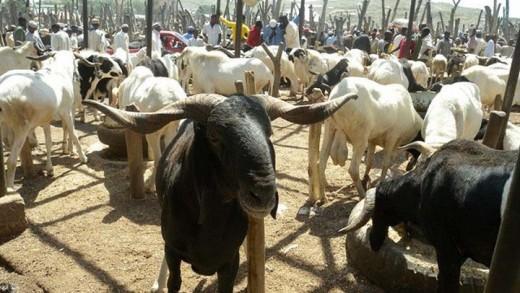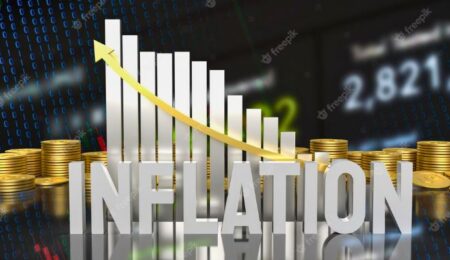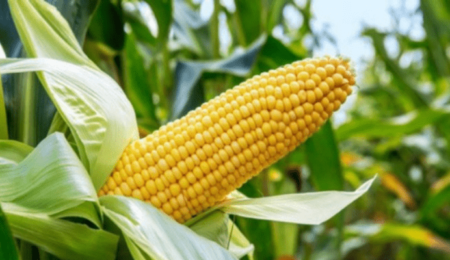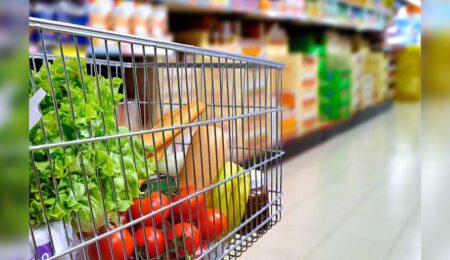The recent hike in petrol prices and surging food prices are set to dampen the Sallah celebration – Eid-el Kabir for Muslim faithful across the country as Nigerians battle the rising cost of living.
Since last year, consumers in Africa’s biggest economy have been grappling with the challenge of managing their finances amidst increasing expenses and dwindling incomes.
“I’m unable to buy Sallah meat this year. I wish I could afford it, but the prices of rams alone are outrageous, let alone other food items,” lamented Wale Amoo, a photographer at a top media firm.
He shared his experience at the market when he wanted to purchase for the festivity. “I bought a tomato of N10, 000 and it won’t even be enough for my family let alone for neighbours.”
Amoo said that the insecurity in the North and the removal of petrol subsidies have contributed to the inflated prices reported by ram dealers.
“The transportation costs for bringing cattle to other regions have skyrocketed owing to the recent petrol subsidy removal. With prices rising from N500,000 to N1.5 million compounding the already increased cost of livestock,” he explained.
Read also: Inflation pushes additional 4m Nigerians into poverty – World Bank
BusinessDay’s investigation reveals that the price of fresh tomatoes in the country has surged by over 500 percent. A big basket of fresh tomatoes in Mile 12 Market, Lagos now sells between N60,000 to N65,000, compared to N9,500 in January, depending on negotiation skills.
Fuel prices have experienced a nationwide surge of an average of 174.6 percent due to recent reforms, compounding the financial burden on consumers.
The removal of fuel subsidies, combined with the currency depreciation, resulted in additional price increases for goods and services.
The average cost of a big ram ranges between N350,000 and N400,000, while medium-sized rams sell for N190,000 to N250,000. Small-sized rams are available for N150,000 or less.
Market sellers have reported a decrease in the number of goods purchased compared to previous years. Traders across the major markets in Lagos and Taraba have lamented that the economic realities have affected consumers’ purchasing power and are likely to dampen the enthusiasm that comes with the celebration.
During a visit to the market by BusinessDay’s correspondents, traders said they have been witnessing low patronage as some of their customers who come to the market end up either not buying or buying few items because of the hike in prices of commodities.
Abdullahi Tijani, Taraba State chairman of the perishable foods said they have never witnessed this level of low turnout of customers, especially during this period.
He said the problem could be the result of the fuel subsidy removal that is skyrocketing prices of many goods used during the festive period, which is beyond average for Nigerians.
“You can see for yourself, last year you couldn’t even stand here because of congestion. People were busy buying while the sellers were busy attending to customers. Last year if you had come around this time, I would have not been able to listen to you because of the number of customers I have to attend to, but here we are,” he said.






